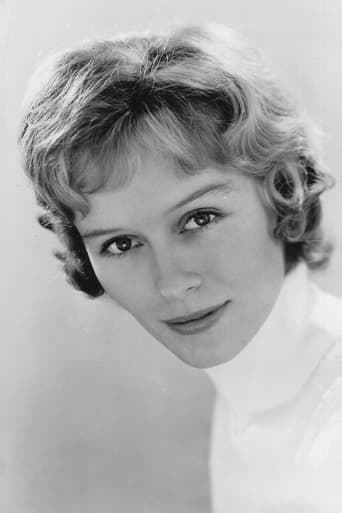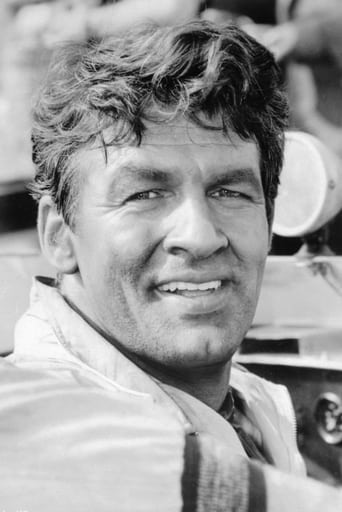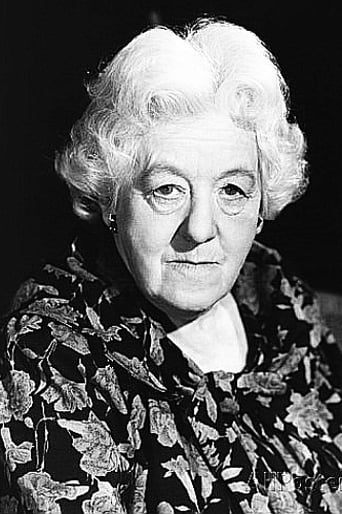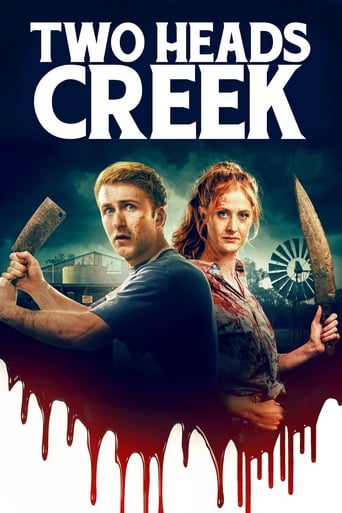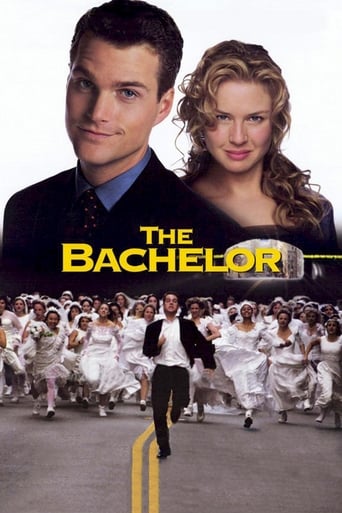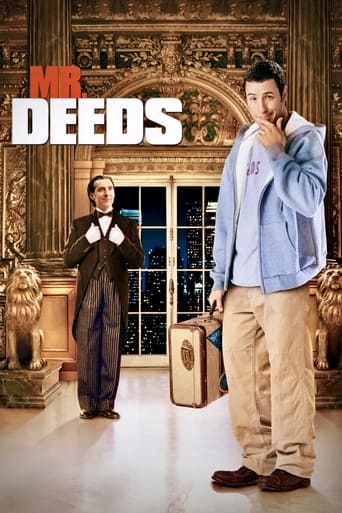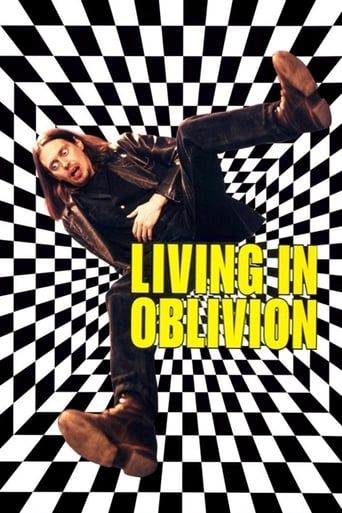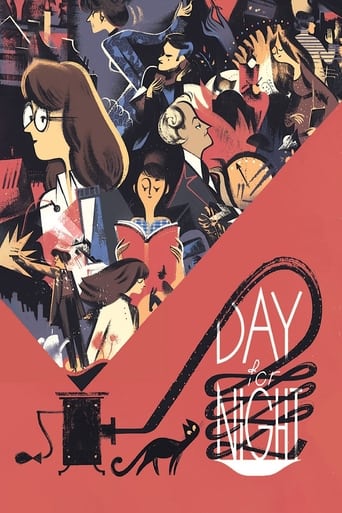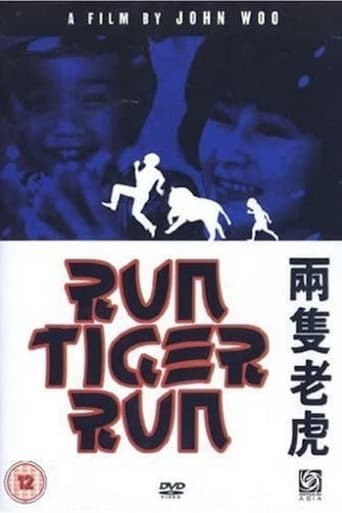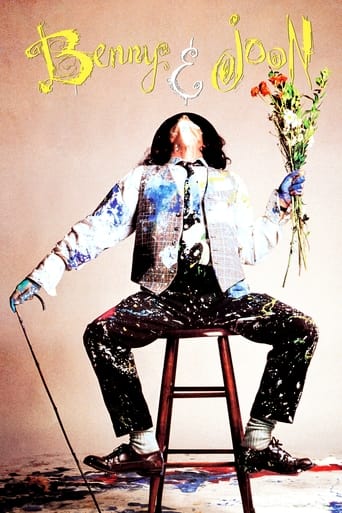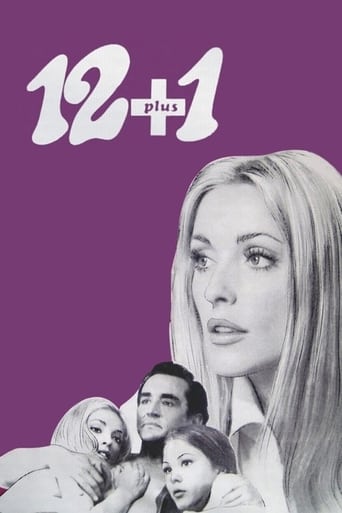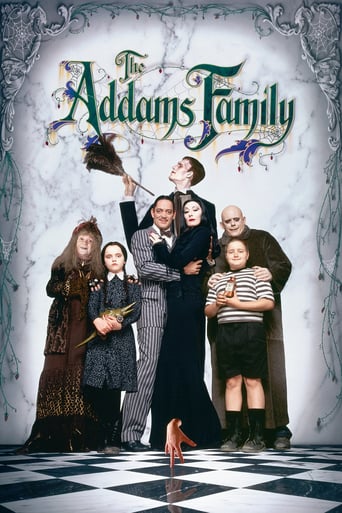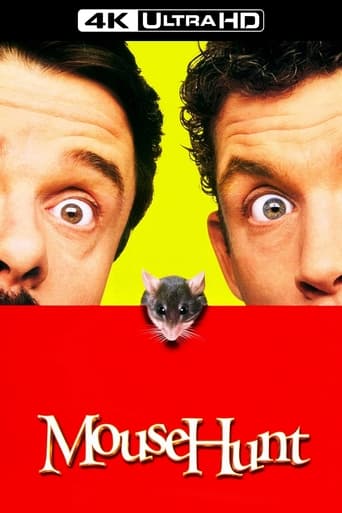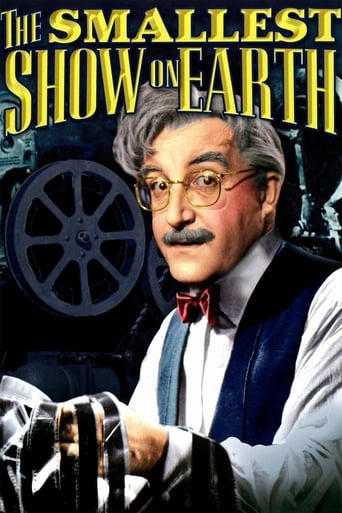
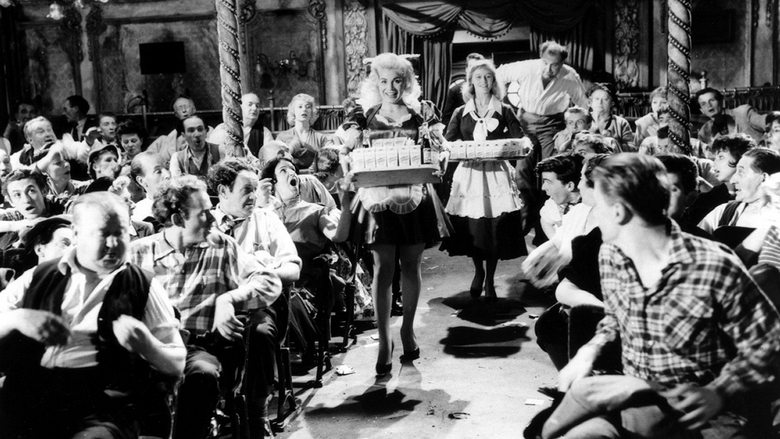
The Smallest Show on Earth (1957)
Jean and Bill are a married couple trying to scrape a living. Out of the blue they receive a telegram informing them Bill's long-lost uncle has died and left them his business—a cinema in the town of Sloughborough. Unfortunately they can't sell it for the fortune they hoped as they discover it is falling down and almost worthless.
Watch Trailer
Cast


Similar titles
Reviews
When young marrieds Virginia MacKenna and Bill Travers (the real-life married couple, best known for "Born Free") are bequeathed a dilapidated cinema, they plan to sell it to a local mega-cinema magnate who wants to turn it into a parking lot for his "Grand" right across the street. But when they realize that he's decreased his offer, thinking they are too scared to fight him, they plan to make him up his offer by making him think they are re-opening it. Travers' deceased great uncle left behind a staff probably too long in the tooth to work, but out of loyalty, they keep them on. When word gets out of the deception, the couple decide "what the heck..." and re-open it anyway, leading to humorous circumstances and complications for their rival.A sweet and affectionate tribute to the "mom and pop" owners of small businesses threatened by corporate chain owners, this is a must for film history buffs. MacKenna and Travers are extremely likable, and they will have you rooting for them from the moment Travers finds out that he's been given the major bequest in his great-uncle's will. Margaret Rutherford is given the opportunity to loose the eccentricity so prevalent in her other roles (especially the very tweedy Miss Marple) and plays a rather sour-faced ticket taker. Bernard Miles, as the sarcastic handyman/usher, is delightfully droll, and you won't even recognize Peter Sellers as the alcoholic projectionist who promises to quit drinking forever once the theater actually prepares to re-open. Francis De Wolff combines the personalities of every classic movie evil businessman with his phoniness and condescention to the young couple. The screenplay is very direct, and in spite of the possibility of potential sappiness, the script never goes there, and sticks to a very simple mood. Sexy June Cunningham is amusing in her brief role as the voluptuous ice cream girl Travers hires after finding all the local boys fighting over her. A very amusing scene has the theater temperature raised to the highest it can go during the showing of a desert movie and the women rushing in immediately afterwards to serve cold beverages. The result is a simply told tale of the small fish taking on the big bully fish and coming out of it without being fried.
Attractive "Born Free" couple Virginia McKenna and Bill Travers (as Jean and Matt Spenser) inherit a creaky, but functional old movie theater. Since they are having financial problems, they decide to manage the cinema. Crowds appear, despite broken reels and other mishaps. The most obvious joke is watching Peter Sellers, made-up as an old projectionist, work while a train makes the theater shake. Luckily, the train only runs once. The audiences in the "Bijou" had more fun than you will.**** The Smallest Show on Earth (4/9/57) Basil Dearden ~ Virginia McKenna, Bill Travers, Margaret Rutherford, Peter Sellers
"The Smallest Show On Earth" is the kind of comedy they used to churn out in England with ferocious consistency; despite its charms not one to remember except for the presence of the greatest film comedian of the sound era just coming into his own.That comedian is Peter Sellers, and "Smallest Show" gives him fourth billing as alcoholic projectionist Mr. Quill, one of three employees at a broken-down cinema in the dregs of England who faces unemployment when a young couple inherits the place with plans to sell out.It's a small role, in a small film, but Sellers as Quill is very good, better in fact than he was earlier fare like "The Ladykillers" (great film, small part) and "The Naked Truth" (big part, lousy film). Here we see Sellers for the first time as the funnyman who can tug on your heartstrings, working your sympathies with just a furrowed eyebrow or shuffling of feet. From 1959 to 1965 he had as good a run in movies as any star ever did, and this 1957 effort served as springboard.That's not so much of a reason to see "Smallest Show" for non-Sellers fans, so here's another: Sellers doesn't even deliver the best performance. The other two staffers, Bernard Miles as Old Tom the doorman and Margaret Rutherford (an Oscar winner a few years later) as Mrs. Fazackalee the ticket woman are every bit as good, while Bill Travers and Virginia McKenna as the young couple make for pleasant company. If not for the fact the jokes are weak, and the storyline thin, this would be a true winner, rather than just a mildly worthwhile Ealing Studios-wannabe relic.The main joke in "Smallest Show" centers around the dilapidated state of the old theater, or "kinema", that the couple inherits. The projector threatens to fall apart whenever a train passes. The ceiling is festooned with cobwebs. Portraits of Theda Bara and Douglas Fairbanks Sr. line the walls, and the features on offer are ancient cowboy films starring "Drifting Slim Stanley, Deputy U.S. Marshall". It's at times a stirring tribute to the movie business in its infancy, especially one scene where Mrs. Fazackalee plays her house organ to the flickering light of an old silent. But it never gels as a story."I'm sure there's a business like show business, but somehow I don't think this is it," McKenna's Jean jokes when the couple first get an eyeful of the place. That's about as good a one-liner as this film manages, despite the presence of "Ladykillers" writer William Rose as a scripter here.Director Basil Dearden makes sure we get plenty of cute scenes featuring Travers and McKenna struggling with the way things operate in their new place. The plot, what there is of it, centers around the couple's attempt to make a go at running the movie house, or at least making it look like they are, in order to persuade the owner of a rival theater to buy them out. The rival owner resorts to some shady tricks, but one never really has to worry overmuch how things turn out, as it falls together rather conveniently.The charm's the thing, the only thing, in watching Travers' reaction when accepting a chicken for admission, or Quill and Fazackalee at each other's throats regarding their new bosses' spending priorities: "My equipment is more important than your rats," Quill shouts, showing off Sellers' ability to melt into a thick northern English old-man accent with the help of some clever makeup.Unlike his earlier films, he really gives you a lump in the throat in this one, struggling with the bottle or skipping along a sidewalk after a good day at the box office, making you understand that the secret to Sellers was never just clever accents or physical pantomime but the preternatural empathy he brought to every part, beginning with this one.
Matt and Jean are a young married couple who are struggling to get by on his meagre income as a writer. Out of the blue though a letter arrives to tell Matt that he has inherited his uncle's estate (a cinema) and they should travel to see the solicitor as soon as possible. Despite the fact that Matt never knew his uncle, he doesn't look a gift horse in the mouth and they set off to claim what is there's. Arriving in the town they pass a massive cinema and assume they have hit it rich only coming down to earth when the solicitor Robin takes them to the Bijou Cinema, also known as the fleapit. Unable to sell it for enough to cancel out the debts they have inherited, Matt and Jean decide to make the cinema a going-concern to force the buyer to raise his offer.By setting the story in a typically English world of the small local cinema this film will probably appeal to those who are at least 30 years old and live in the UK. Those outside of this group may not be able to buy into the sense of nostalgia that comes with this but they will still find value in the genial sense of comedy that runs across the whole film. The plot is fairly obvious and won't engage on its own terms but is carried by the fine comic air it just about manages to have. The lack of big laughs and genuine wit is a bit of a problem because I always got the feeling that the film was underachieving but it was still just about fun enough to keep me watching. Some of this comes from the writing but mostly it is all very light; no, mostly it is the performances that make it more enjoyable than the material deserves.Travers is not an actor with a great range but he is enjoyable enough as the leading man here; he is greatly helped by his easy chemistry with McKenna, which makes it easier to get into their story and care about them as characters. They are very well supported by simple but enjoyable turns from stalwarts Rutherford, Sellers and Miles. All three had less to do than I would have liked but they are still quite good when given the chance. Smaller roles for Philips, James and De Wolff are generally good and add to the impression that the material is better than it actually is.Overall this is an amiable little comedy; lacking big laughs or real wit but mostly covered by the good cast. Hard to shake the feeling that it could have been better but it is still amusing enough.


